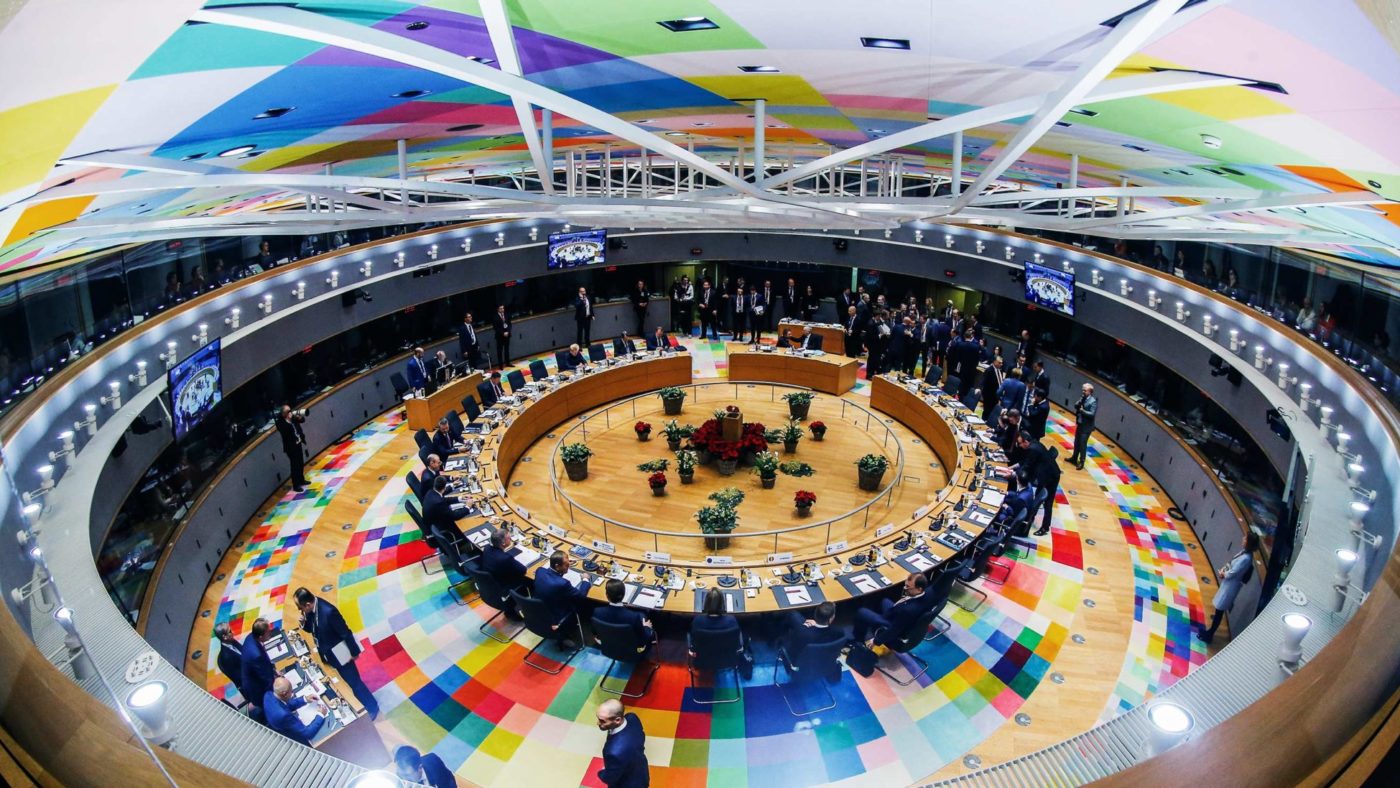Ever since the Brexit negotiations began, there has been a tendency among Remainers to see the EU as the adults in the room. Points made by our negotiators are narrow-minded, self-interested, little Englander. Points made by theirs are far-sighted, legally watertight, and simple common sense.
That dynamic, always present throughout the negotiations, finds perfect expression in this week’s wrangling over the Irish backstop.
The backstop is, as everyone now knows, the single biggest reason that Theresa May’s deal stands no chance of winning the approval of the House of Commons. And her best route out of the near-impossible position she has found herself in is securing something meaningful from Brussels on the issue.
Pleading with her negotiating partners, she is reported to have said that unless the EU helped her “change the perception that the backstop could be a trap from which the UK could not escape… our deal is at risk”.
Changes to the backstop were never going to happen overnight. But Mrs May could have left this week’s EU summit with some encouraging signs of constructive cooperation. Indeed, there were rumours that precisely such was on the cards.
Instead, she got about as firm a rebuke as diplomatic manners allow. Jean-Claude Juncker called the Prime Minister’s demands “nebulous and imprecise”. The published conclusions from the meeting could hardly have been clearer: “The Union stands by [the Withdrawal Agreement] and intends to proceed with its ratification. It is not open for renegotiation.”
On one level, the dismissiveness on display by European leaders is understandable. The EU27 can only negotiate with the government on the other side of the table. From their point of view, the failure to anticipate that the deal wouldn’t come close to having the support of a majority of MPs is Britain’s fault, not theirs.
But that is the narrow-minded view. If European leaders want to rise to the moment, and cooperate constructively with the Prime Minister of what will soon be their closest ally outside the EU, they need to reconsider the backstop.
They could listen to the advice of former president of the European Commission, Jose Manuel Barroso, who on Thursday urged the EU to take a less stubborn approach: “If there’s political will the excellent lawyers of the EU can find a creative solution for the backstop issue. And wisdom should prevail between the EU and UK.”
They could listen to the concerns Unionists in Northern Ireland have about the deal. As Owen Polley explained persuasively for CapX this week, they aren’t the demands of irreconcilables, but entirely understandable objections.
Sadly, there are no signs they will do so.
And just as the hard Brexiteers’ inflexibility risks snatching defeat from the jaws of victory, so the EU’s intransigence over the backstop is undermining the very peace it is designed to prevent. From the EU’s perspective, the worst of all outcomes for the Irish border is no deal. And it is the backstop that is making that outcome more likely.
It is so self-defeating a legal mechanism that it is reasonable to question the sincerity of EU leaders’ insistence on its inclusion in the deal. Perhaps the EU is happy to gamble with no deal in the hope the UK changes its mind. Or perhaps it wants to prove a point about life outside the EU.
Either way, the leaders of the EU deserve prominent spots on the long list of names who, at a crucial time for Britain and Europe, failed to rise to the occasion.


